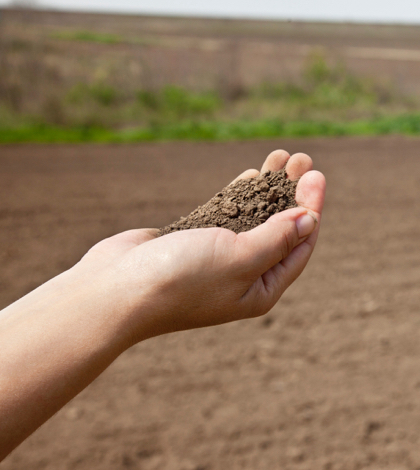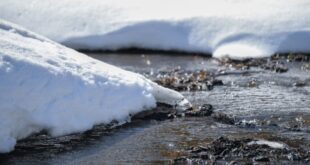Researchers at the University of California at Riverside are being awarded $1.69 million over 3 years to study soil’s impact on the California drought. According to researchers, soil plays a vital role in how efficient crop watering is during a severe drought. Small pores that are needed to retain moisture in the soil are a direct result of physical, chemical and biological interactions that occur.
The lead researcher, Samantha Ying, an assistant professor of environmental studies at UCR, will collaborate with researchers at UC Davis, UC Berkeley and UC Merced on this effort.
The grant will also be used establish a Consortium for Drought and Carbon Management – named UC DroCaM – which will be utilized to create water management strategies based on their understanding of soil.
“Our multi-regional project brings together a team of soil chemists, soil microbiologists, agronomists, irrigation specialists and modelers to conduct field and lab research on microbiological, biophysical, and geochemical mechanisms controlling soil aggregate formation and stability under different row crops (tomatoes, alfalfa, wheat), farming practices (carbon inputs and rotations) and irrigation methods (furrow and flood, microirrigation),” Ying’s submission to the University of California research initiatives reads. “Information on mechanisms will be integrated into a regionally-scalable predictive model to describe soil carbon dynamics and estimate the response of agricultural systems to drought.”
 California Water News Daily Your Source For Water News in California
California Water News Daily Your Source For Water News in California


